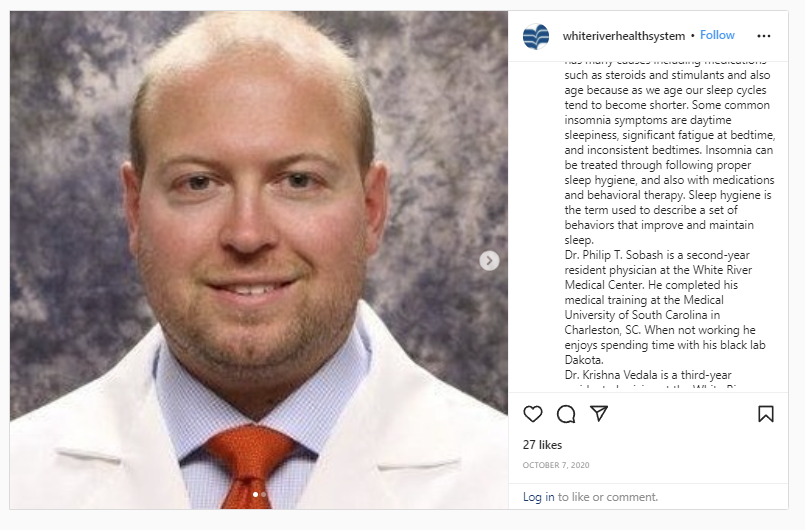In the ever-evolving landscape of medicine, technology has emerged as a powerful tool, revolutionizing the way healthcare is delivered. Dr. Philip Sobash highlights the numerous advantages of integrating technology into medical practices, emphasizing how it can significantly improve patient care and overall efficiency. Let’s explore some key ways technology can transform your practice and benefit both healthcare providers and patients.
Unleashing the Power of Technology for Improved Patient Care
Technology offers a myriad of benefits that directly contribute to enhancing patient care. Dr. Philip Sobash underscores the following key advantages:
Enhanced Efficiency: The integration of Electronic Health Records (EHRs) streamlines data management, allowing medical providers to access patient information promptly and accurately. No longer burdened by time-consuming paperwork, healthcare professionals can focus more on patient care, ensuring swift and efficient diagnoses and treatments.
Improved Communication and Follow-up: With technology, patient communication becomes more seamless and accessible. Scheduling follow-up appointments and delivering essential medical information can be done through digital platforms, ensuring patients stay informed and engaged in their care.
Precision in Treatment Plans: Technology empowers medical practitioners to craft personalized treatment plans based on comprehensive patient data. With a wealth of information at their fingertips, doctors can make well-informed decisions, leading to more effective and targeted treatments.
Telemedicine: Telemedicine apps and platforms offer a convenient way for patients to connect with healthcare providers for quick consultations and follow-ups. This technology is especially valuable for patients who may have mobility challenges or live in remote areas.
Enhancing Workflow Through Technology
A well-organized and efficient workflow is essential in any medical practice. Dr. Philip Sobash emphasizes that technology can play a pivotal role in streamlining processes and optimizing patient care:
Electronic Health Records (EHRs): Implementing EHR systems enables seamless storage and retrieval of patient data, eliminating the need for physical paperwork and reducing the risk of errors. Medical practitioners can access patient histories, test results, and treatment plans with a few clicks, expediting diagnoses and ensuring continuity of care.
Telemedicine Apps: Integrating telemedicine applications into your practice allows you to connect with patients virtually, providing timely advice and even prescription refills without requiring them to physically visit the clinic.
Automated Appointment Reminders: Technology can be harnessed to send automated appointment reminders to patients, reducing the likelihood of no-shows and facilitating efficient scheduling.
Equipping Your Practice with the Right Tools
A well-equipped practice is essential for delivering optimal care to patients. Dr. Philip Sobash highlights the importance of having diverse and adaptable equipment:
Tailored Equipment: Investing in equipment that caters to diverse patient needs is crucial. Adjustable examination tables and chairs ensure comfort and accessibility for patients of all ages and physical abilities.
Diagnostic Technology: Upgrading to state-of-the-art diagnostic tools allows for more accurate and efficient assessments, leading to better-informed treatment decisions.
In Conclusion
Dr. Philip Sobash stresses that harnessing the potential of technology can significantly elevate patient care and practice efficiency. Embracing Electronic Health Records, telemedicine, and optimized equipment equips healthcare providers with the tools they need to provide comprehensive and personalized care. As technology continues to advance, its seamless integration into medical practices will undoubtedly shape the future of healthcare, benefiting both practitioners and the patients they serve.
